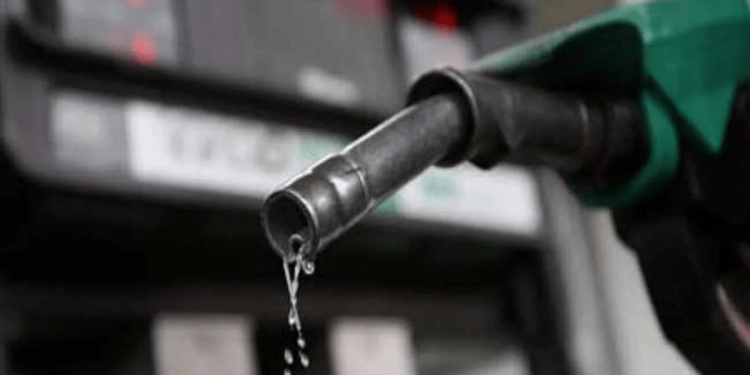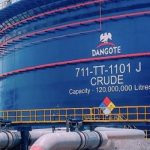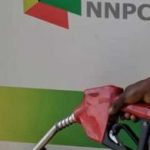Dangote Petroleum Refinery has announced a reduction in its ex-depot petrol price to N840 per litre, representing a N40 cut from the previous rate of N880. The new price, which took effect on Monday, comes amid growing public concern over rising fuel costs and their impact on transportation and the cost of living in Nigeria.
This development is particularly notable as it follows closely on the heels of the Nigerian National Petroleum Company (NNPC) Limited’s recent increase in the pump price of petrol to N925 per litre in Lagos. The timing of the two announcements has sparked renewed debate around pricing transparency, fuel distribution, and private sector competition in Nigeria’s downstream oil market.
The reduction was confirmed by the Chief Corporate Communications Officer of Dangote Group, who said the move aligns with the company’s goal of making energy more affordable for Nigerians, especially during tough economic conditions. The announcement also comes just a week after Dangote Refinery had raised the ex-depot price to N880, indicating a swift shift in its pricing strategy.
One of the factors influencing the latest price cut is the decline in global oil prices. Brent crude, the global benchmark, dropped by 1.54 percent from $68.67 per barrel on June 23 to $67.61 by the close of business Monday. This drop reflects a broader cooling in the global energy market, influenced by rising inventories and reduced demand projections in major economies.
Dangote Refinery has positioned itself as a game changer in Nigeria’s fuel supply chain since its commissioning. In a previous statement issued on June 15, the company revealed plans to begin nationwide distribution of diesel and petrol by August 15, a move expected to reduce dependence on imported fuel and stabilise local prices in the long term.
To support this ambition, Dangote has invested in a fleet of 4,000 compressed natural gas (CNG)-powered tankers, which will be deployed to deliver products across the country. This is part of a broader strategy to enhance energy logistics using more environmentally friendly and efficient transport solutions.
Industry analysts believe the refinery’s latest price move could pressure other players in the market to reconsider their pricing, especially in the absence of fuel subsidies. It also reinforces Dangote’s emerging influence on Nigeria’s fuel market dynamics, where private sector operators are beginning to set the tone for pricing and distribution.
As the refinery gears up for full-scale operations in August, its pricing strategy, distribution model, and investments in logistics are being closely watched as indicators of how Nigeria’s petroleum industry may evolve in the months ahead.










